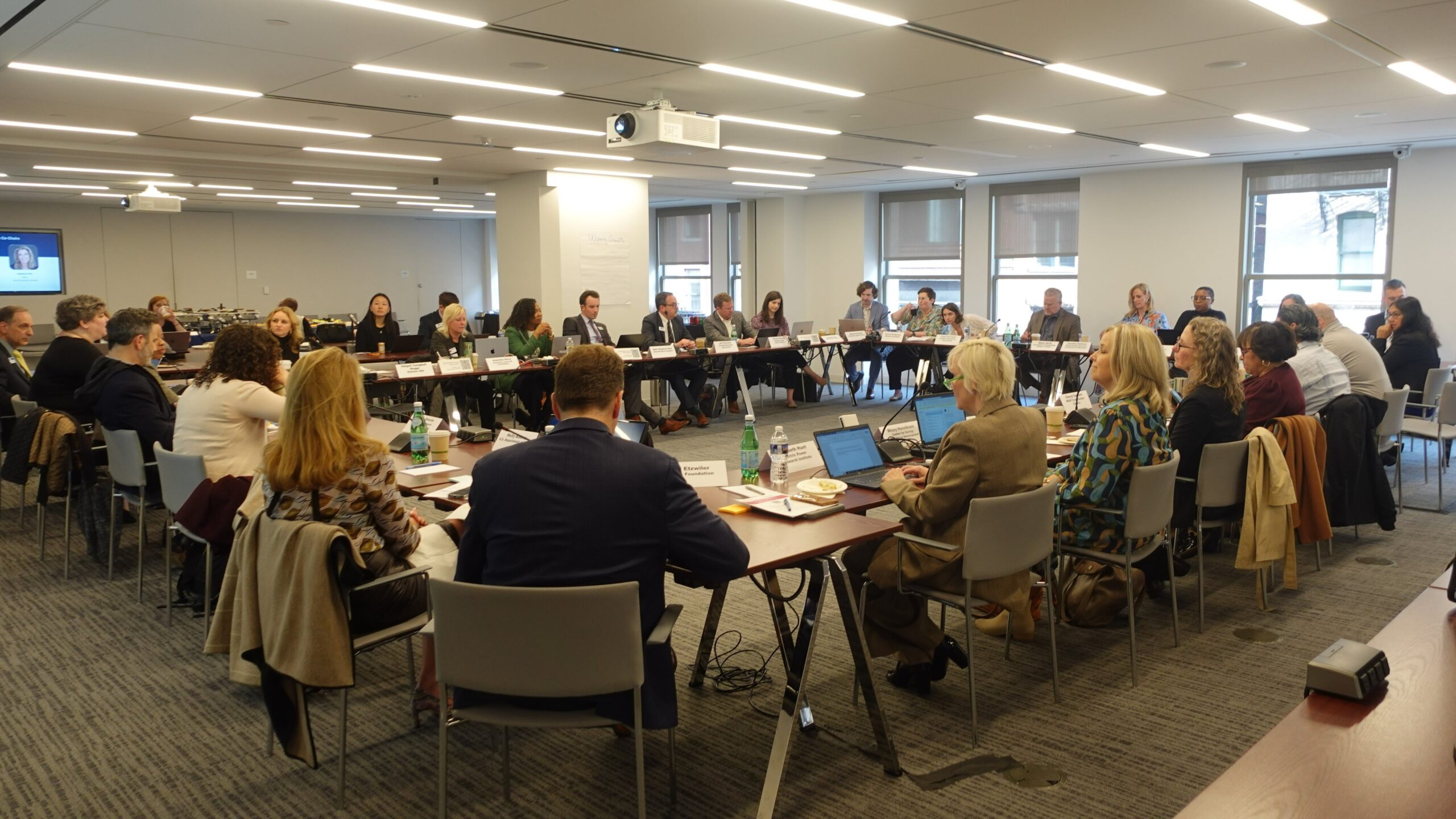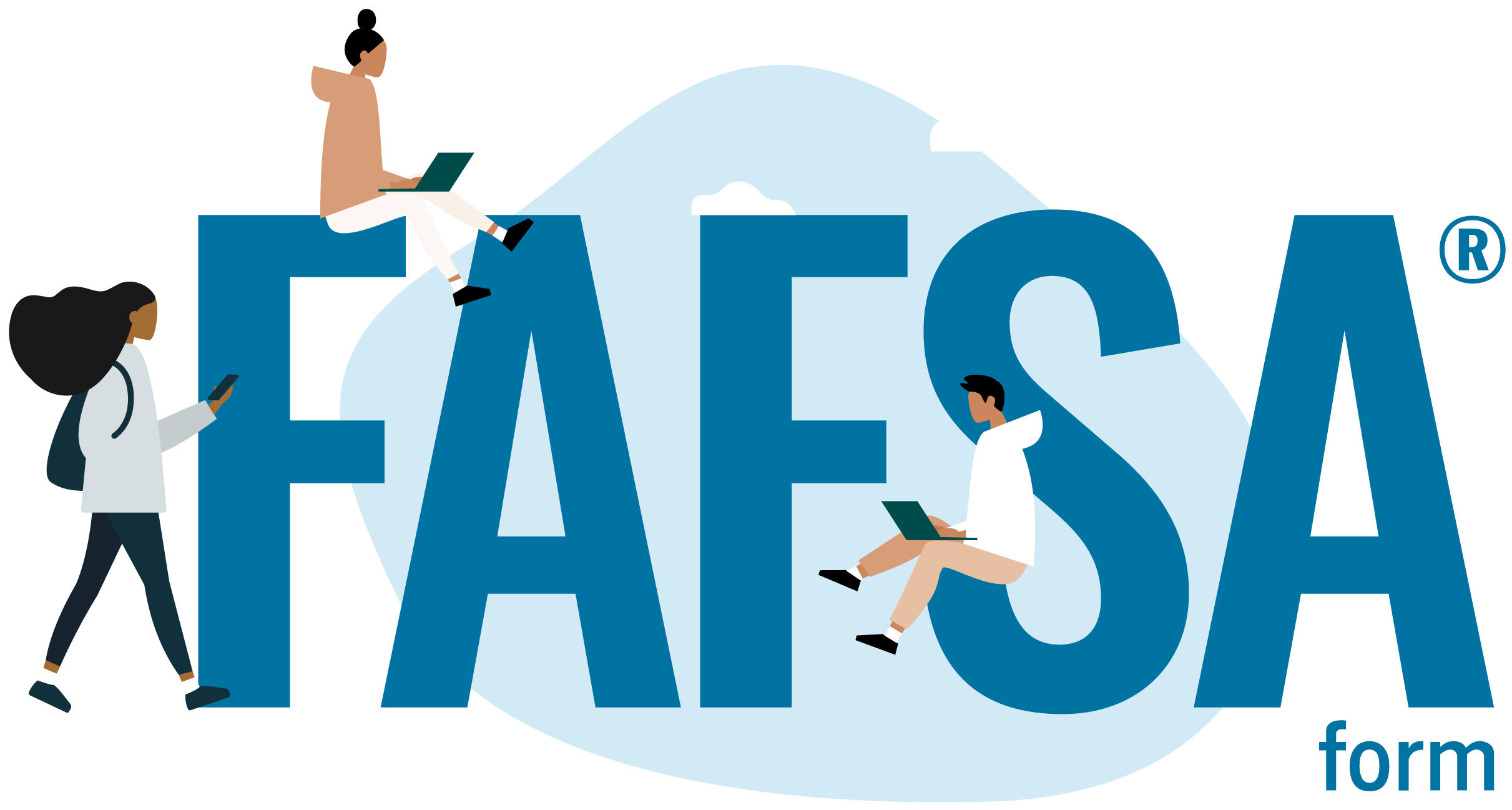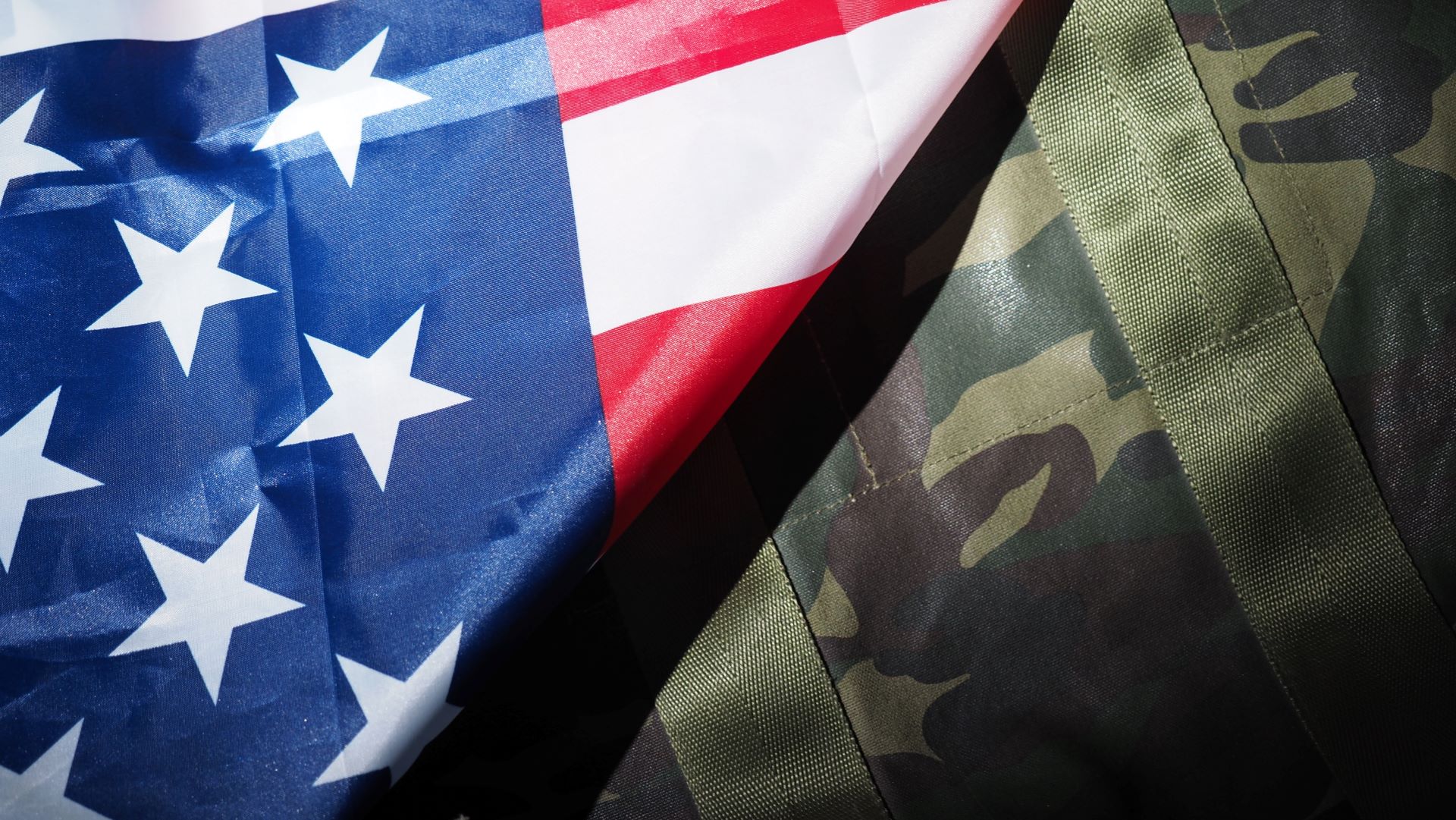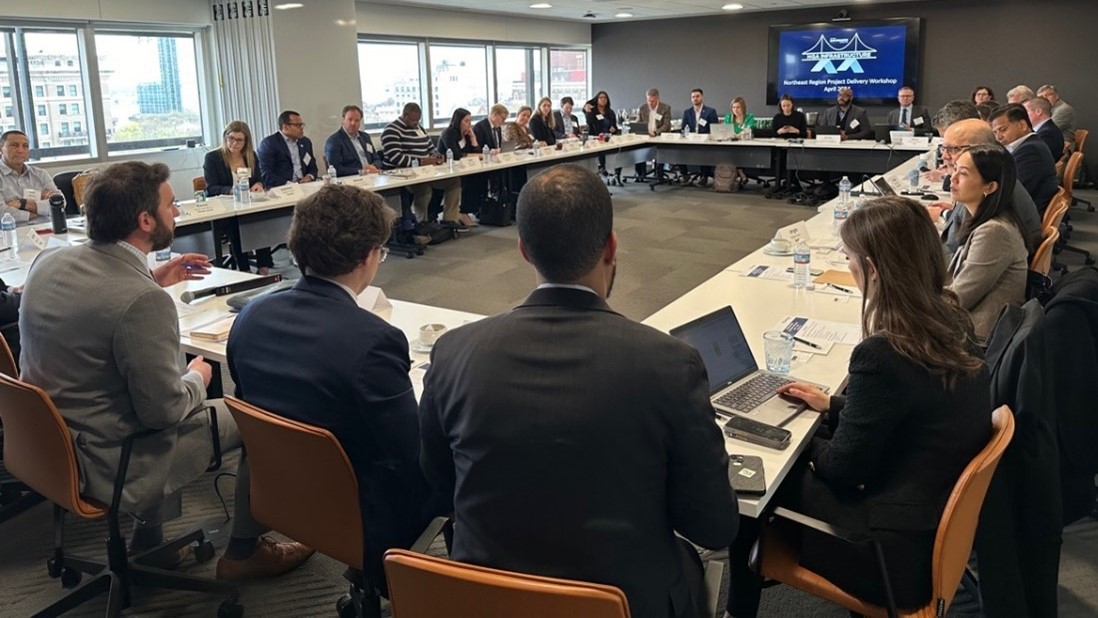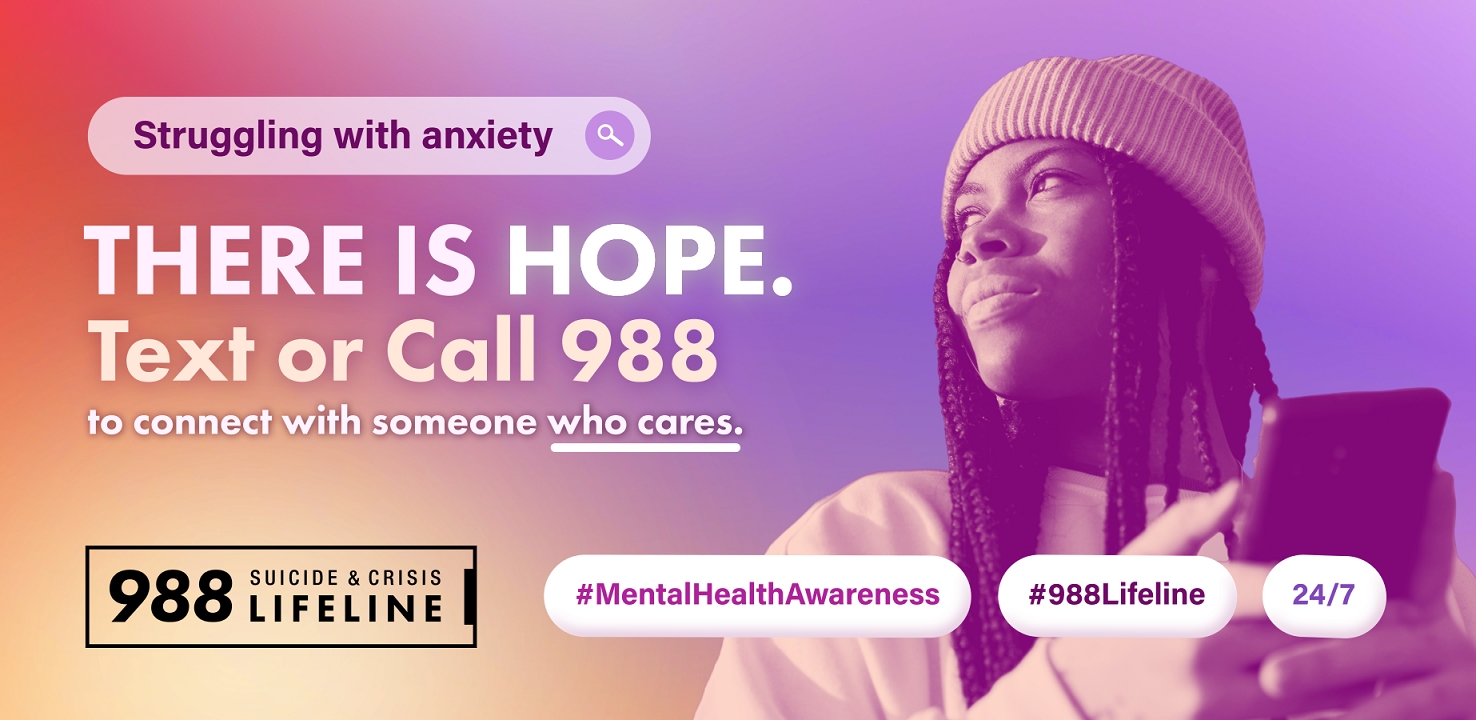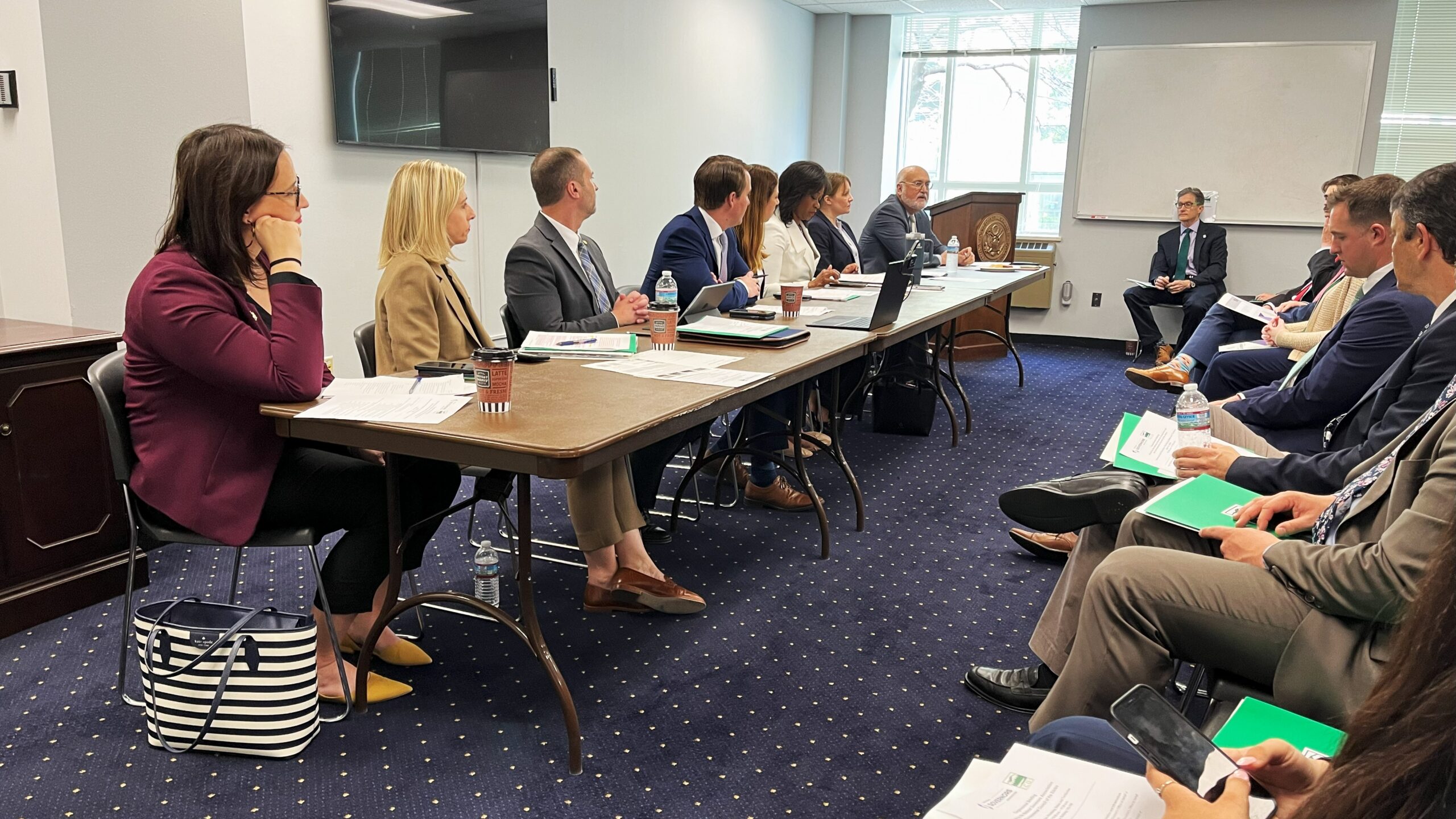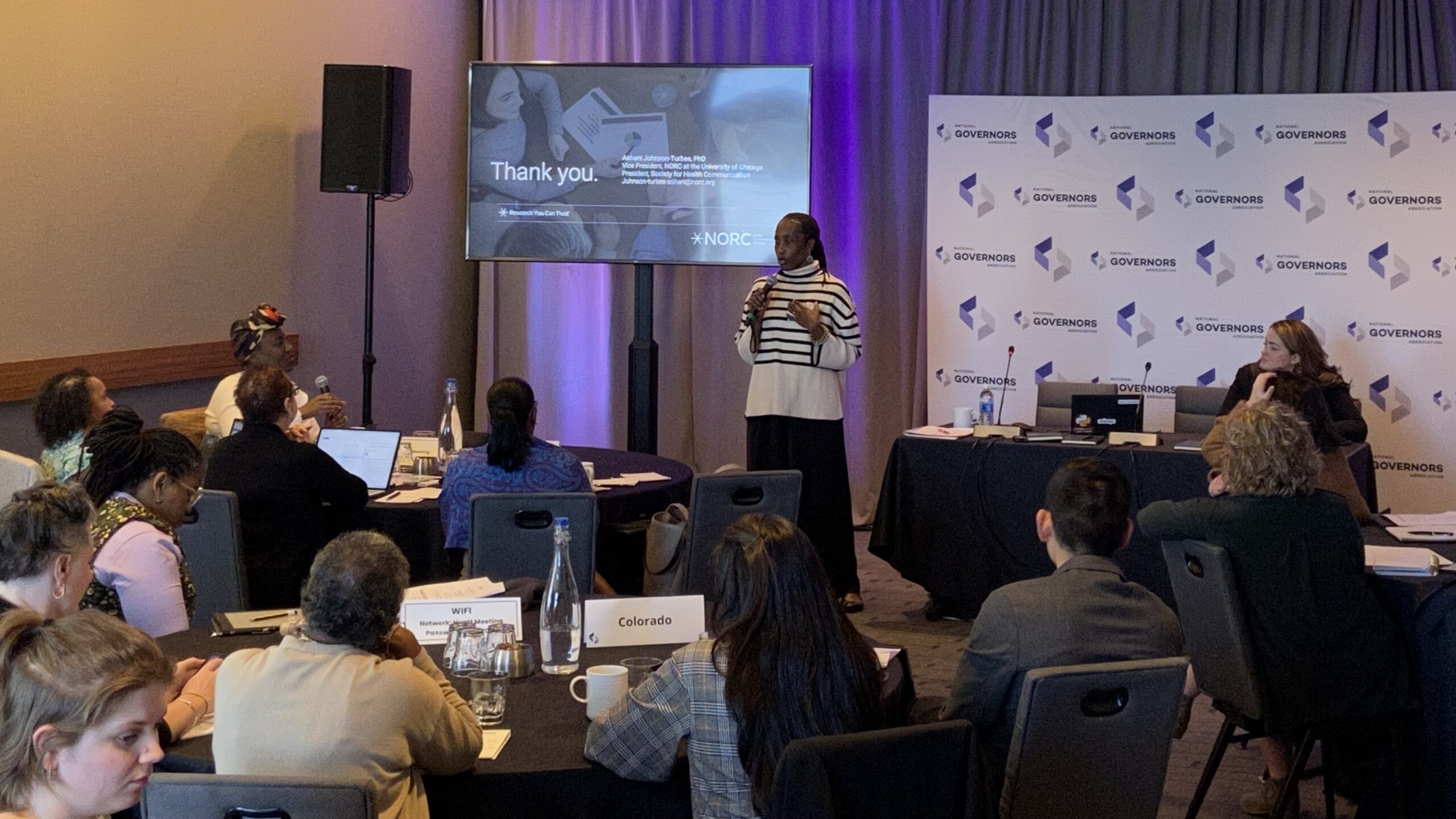As the COVID-19 pandemic has spread across the country, resulting in stay-at-home orders, an economic downturn, and increasing unemployment, the crisis an increasing number of residential, commercial, and industrial customers are unable to pay their utility bills. To ensure customers can maintain access to public utilities during this crisis many utilities preemptively announced that they would not shut off customers for non-payment. Examples include telecommunications utilities agreeing to the Federal Communications Commission’s Keep Americans Connected Pledge, signed by 700 companies as of the writing of this memo, and announcements from the Edison Electric Institute and the American Gas Association that all member companies are voluntarily suspending electricity disconnects for non-payment. To extend those voluntary commitments to all public utilities, governors and state utility regulatory commissions have taken action, issuing state-wide moratoriums on utility disconnections for the inability to pay and other protective measures. As of the writing of this memo, thirty-two states and Washington, D.C. have issued moratoriums for utility disconnections. Eleven moratoriums were established by executive order or legislative action, while twenty-two were established by order of a state utility commission. The moratoriums have different timeframes, with some having tentative end dates and the potential for extension while others say the moratorium will last until the governor declares the State of Emergency is over.


